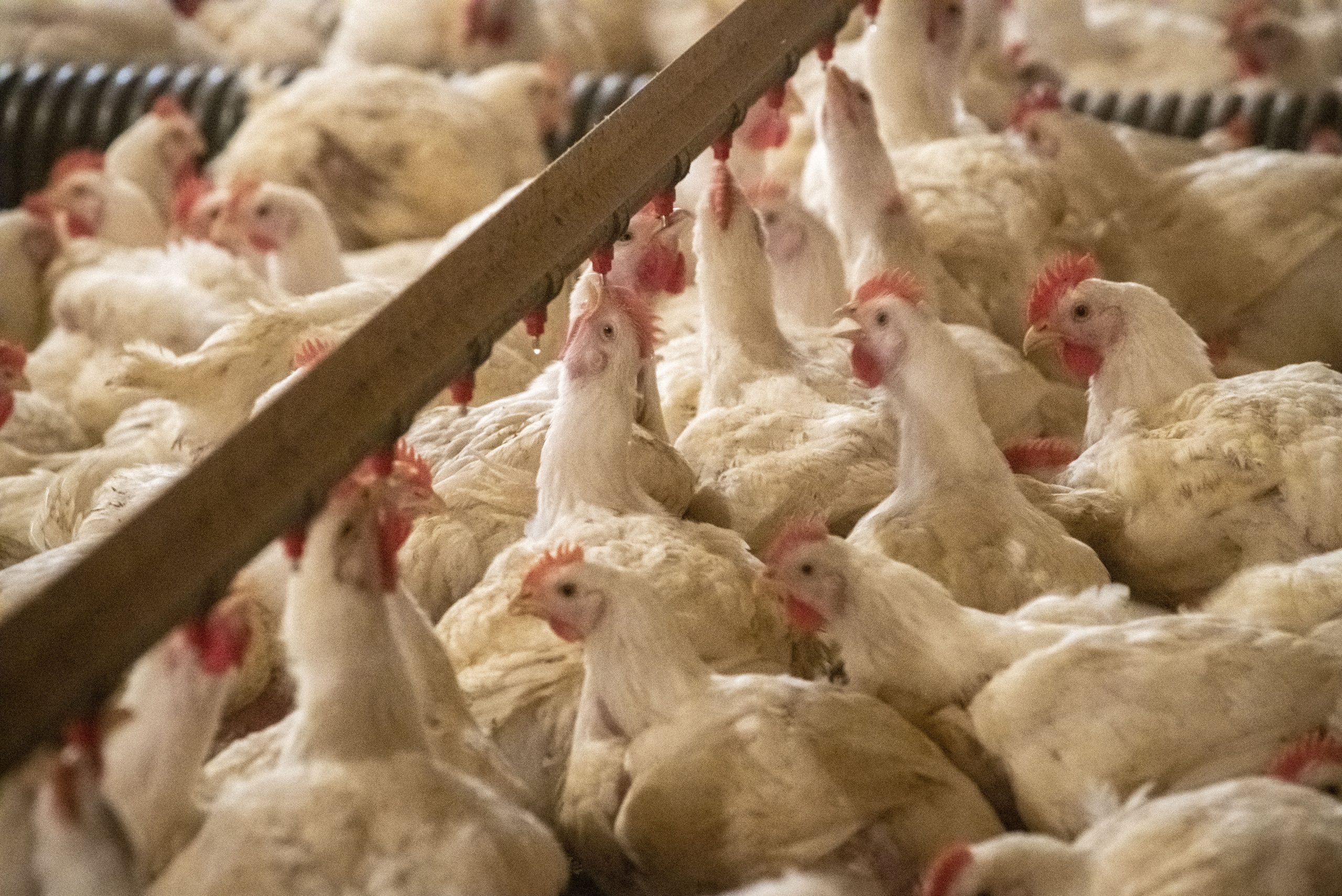In Missouri, a total of six healthcare workers are experiencing mild respiratory symptoms after interacting with a patient diagnosed with bird flu. This patient is particularly significant as they are the first confirmed human case of the disease without any known exposure to infected animals.
While the patient has recovered, this case raises important questions about the potential for human-to-human transmission of bird flu, which typically affects animals rather than people.
Among the healthcare workers, only one was tested for the virus, receiving a negative result from a PCR test. This worker had high-risk contact with the patient and later developed mild symptoms.
The other workers, which include three with low-risk contact and another with high-risk exposure, were not tested during their symptomatic period. The CDC noted that PCR testing may have been unreliable at the time these workers exhibited symptoms.

In addition to the healthcare workers, a household member of the patient also showed mild symptoms but was not subjected to testing. However, all symptomatic individuals—including the healthcare workers and the household member—provided blood samples for antibody testing, the results of which have not yet been made public. This uncertainty leaves open the possibility that additional cases may exist among those exposed.
The response to this incident has drawn scrutiny, particularly regarding the speed at which Missouri health officials are assessing the situation. Michael Osterholm, director of the University of Minnesota’s Center for Infectious Disease Research and Policy, expressed concern over the time taken to identify other potentially infected individuals.
He highlighted that public trust in health authorities could be jeopardized if the investigation does not proceed swiftly and transparently.
Despite these developments, the CDC continues to assert that the risk to the general public remains low. So far this year, there have been 14 documented human cases of bird flu in the United States, predominantly involving farm workers with direct ties to infected poultry or dairy farms.
Nevertheless, a rising number of bird flu cases among cattle has been reported, affecting livestock across 14 states since an outbreak began in March, which poses additional concerns for both public health and agriculture.
